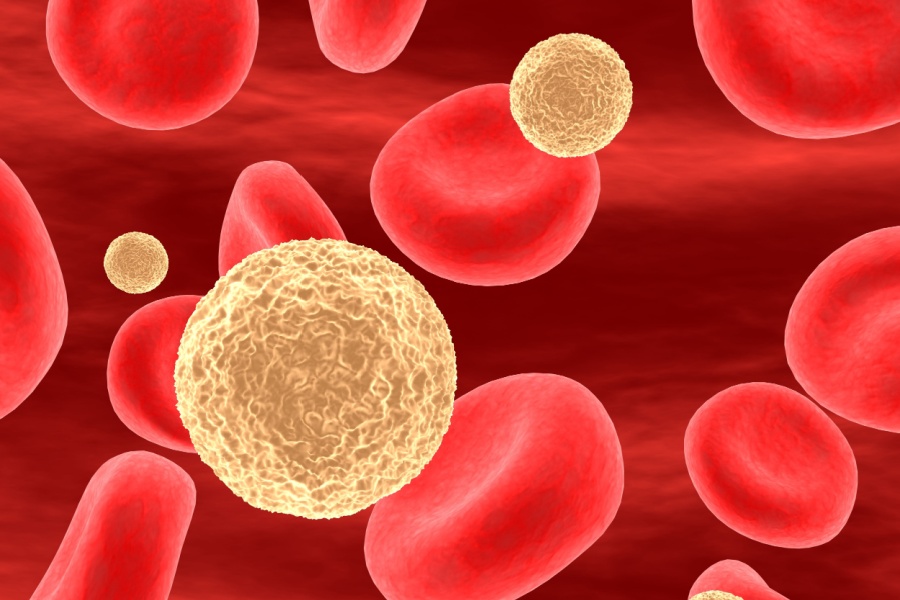Study findings may also explain why symptoms come back quickly after inadvertent gluten exposure

By Amy Ratner, director of scientific affairs
In celiac disease, changes in the gut that persist even on a gluten-free diet may lead to an immune “scar” that could be the cause of ongoing symptoms, new research funded by Beyond Celiac has found.
This immune “scar” could also be why people with celiac disease react so quickly when they in advertently eat gluten, according to a study by Oxford University researchers published this week in the journal Nature Immunology.
“Many people living with celiac disease have problems with ongoing symptoms despite their best efforts at the gluten-free diet,” said Michael Fitzpatrick, MRCP, DPhil, who led the research funded by a Beyond Celiac Established Investigator Award. “The immune ‘scar’ in the gut lining that we have described could be contributing to their ongoing symptoms.”
The study used gene sequencing methods to study how different cell types changed in the gut lining of children and adults with celiac disease.
These methods examine what genes are being expressed in every single cell in gut samples and where in the gut lining these cells and genes are found, according to Fitzpatrick. Blood and intestinal biopsies from 16 children and five adults with celiac disease were used in the research.
The study also showed that groups of immune cells form organized structures in the gut lining that may act as the “control center” driving all changes seen in celiac disease, the research found.
“These findings show in detail how the different components of the gut respond together in celiac disease and offer new targets for therapy, as well as, potentially, a cure,” Fitzpatrick said.
The changes include impacts on the cells lining the gut, called epithelial cells, which are responsible for absorbing nutrients, vitamins and minerals. The gut also accumulates so-called “killer T-cells” which are responsible for much of the damage seen in celiac disease.
The study showed that certain types of CD8+ “killer” T-cells in the lining of the gut play a crucial role in celiac disease. A specific subtype of CD8+ T-cell is expanded and multiplying in active celiac disease and looks to be the culprit for the damage to the cells the line the gut.
“This population uses particular types of T-cell receptor, which suggests that its actions are in response to particular proteins, something we did not think occurred in celiac before,” Fitzpatrick said.
You can read more about the study here.
Opt-in to stay up-to-date on the latest news.
Yes, I want to advance research No, I'd prefer not to